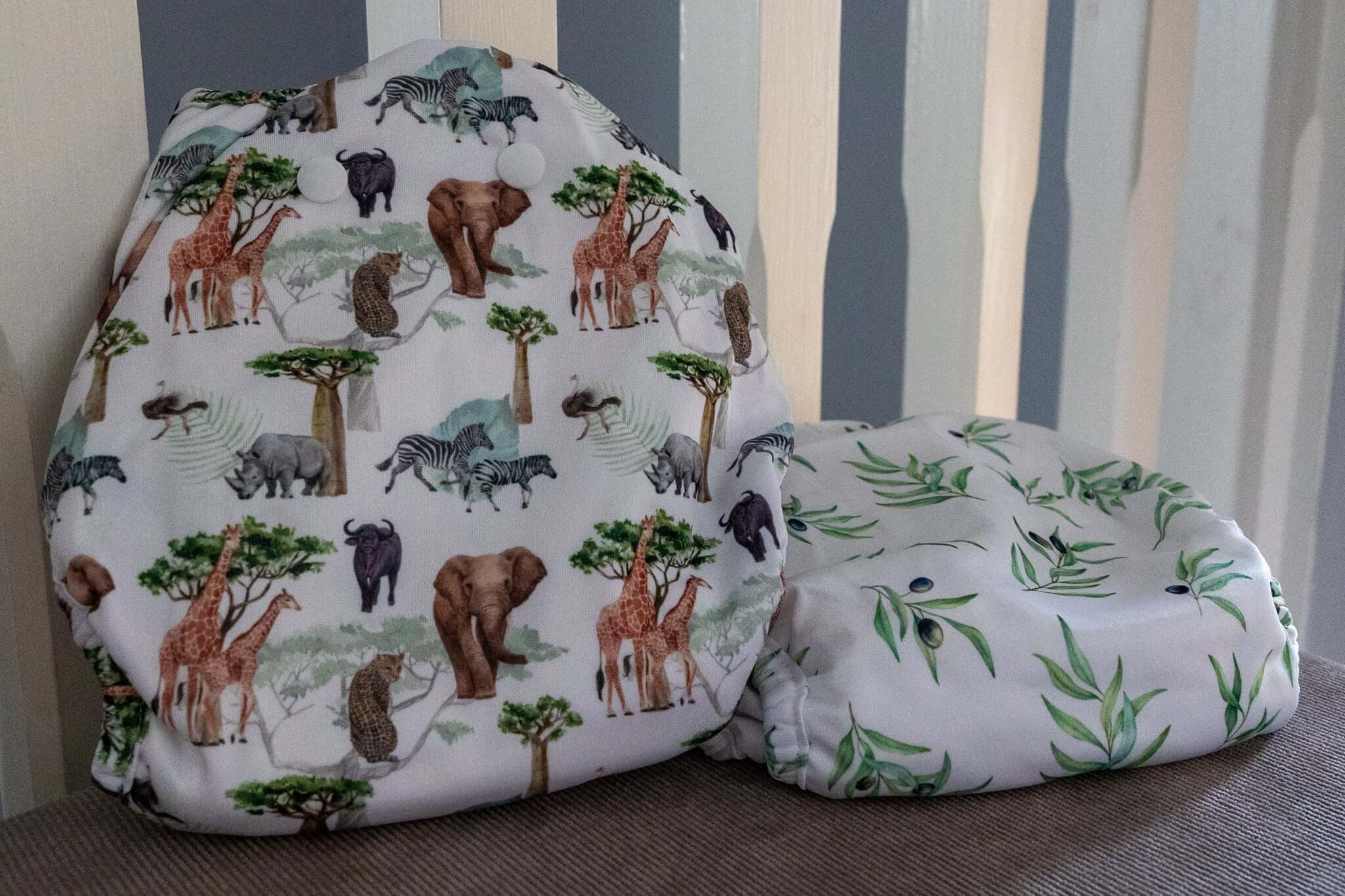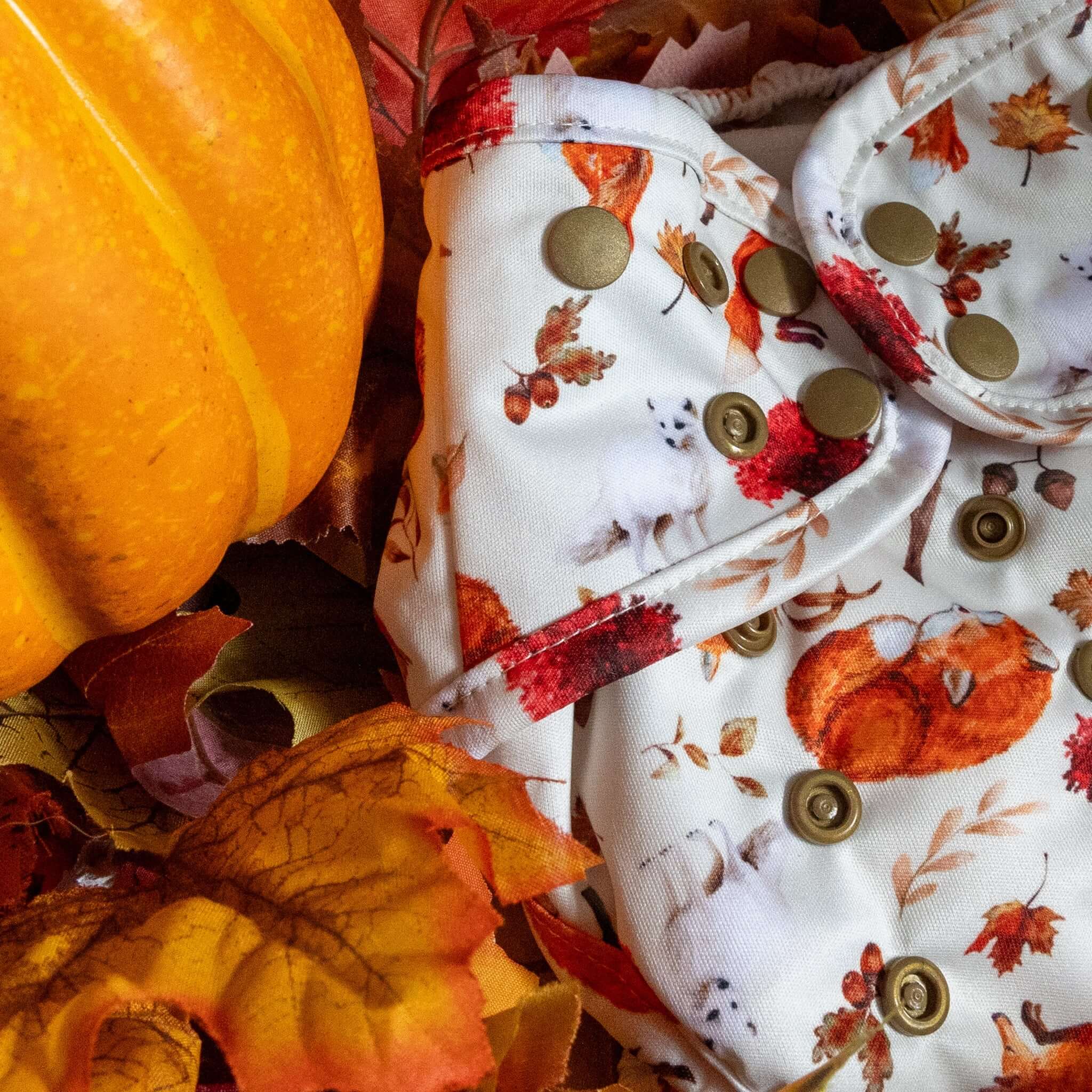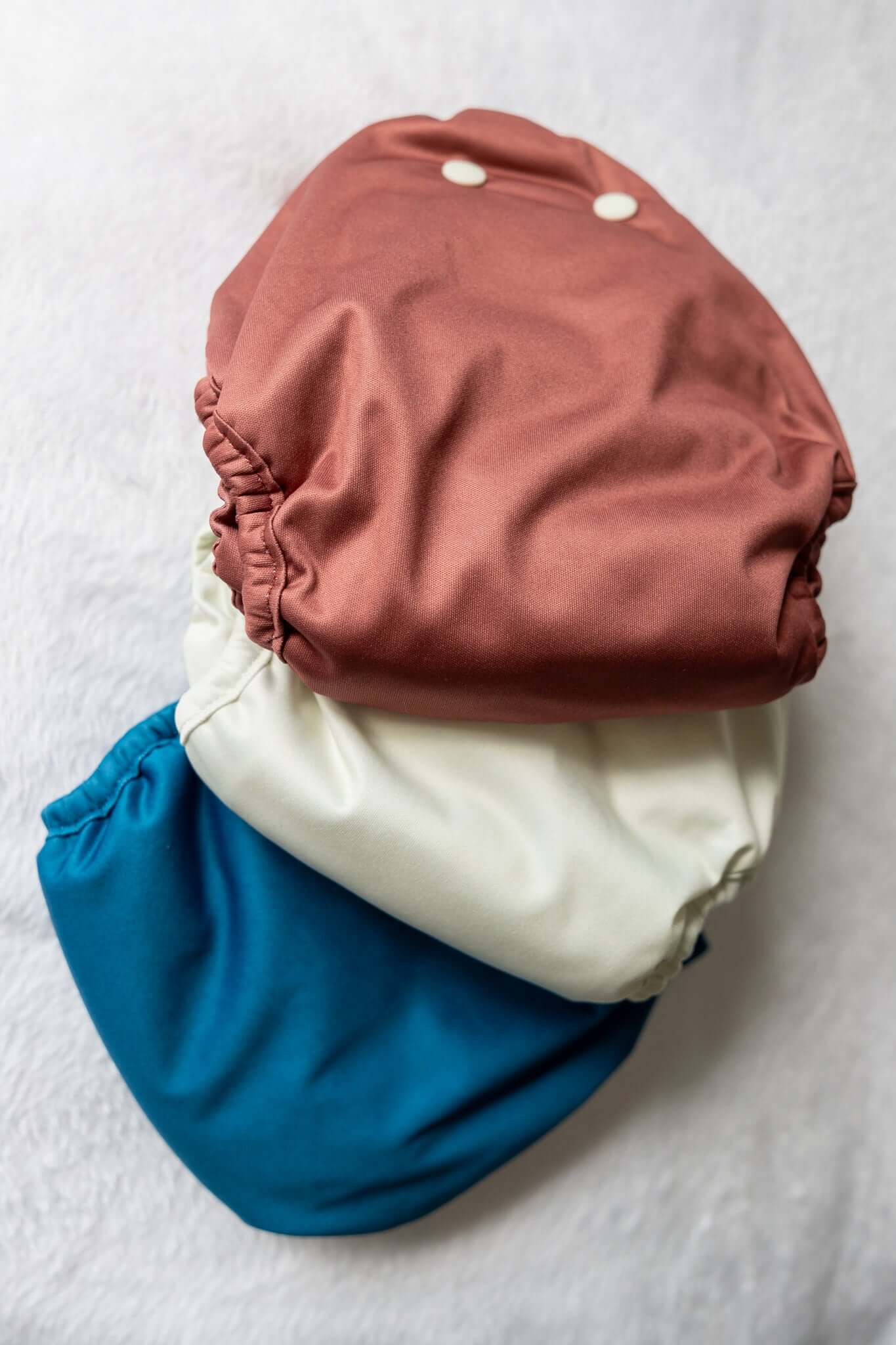
The Evolution of Parenting: How Modern Techniques Compare to Our Parents' Era
In the ever-evolving landscape of child-rearing, it's fascinating to look back and compare the techniques of yesteryears to those of today. As each generation encounters unique societal challenges and benefits from technological advancements, so does the art of parenting. Given that our audience consists mainly of young professionals, young parents, and eco-conscious individuals, let's embark on this journey of understanding the evolution of parenting, keeping an eye on sustainability, as demonstrated by the resurgence of cloth diapers. Let's compare then to now to show the contrasts and changing times.
1. Shifting Parenting Philosophies
Then: Our parents' era was marked by a more authoritarian style of parenting. The emphasis was on discipline, with the oft-quoted maxim "children should be seen and not heard." This approach prioritized respect for authority and structure.
Now: Modern parents lean towards a more democratic and understanding approach. There's a push towards the authoritative style where parents value the child's opinion, emphasize the importance of communication, and promote mutual respect. Concepts like "gentle parenting" prioritize understanding the child's feelings and navigating challenges with empathy.
2. Technological Advancements & Parenting Tools
Then: Baby monitors were a luxury, and a simple walkie-talkie system was state-of-the-art. Baby care meant relying on age-old home remedies, handed-down wisdom, and advice from elders.
Now: With smart cribs, apps for tracking baby's feeding and sleep patterns, and forums dedicated to every possible parenting query, technology plays a crucial role in modern parenting. However, with increased information comes the paradox of choice, often leading to information overload and decision fatigue.
3. Educational Approach
Then: The focus was primarily on rote learning. Parents expected children to memorize information, and school performance was often a key metric for success.
Now: There's a global movement towards holistic education. Parents and educators alike recognize the importance of fostering creativity, critical thinking, and emotional intelligence in children. Moreover, homeschooling and alternative education models have gained traction, reflecting the desire for a more tailored educational experience.
4. Role of Environmental Consciousness
Then: While our parents might have incidentally been eco-friendly (think of hand-me-downs or homemade baby food), it was more out of necessity or tradition than conscious choice.
Now: Modern parents are acutely aware of their environmental footprint. This consciousness translates into parenting choices, from opting for organic baby food to sustainable baby products. Cloth diapers, for instance, have made a significant comeback, not just for their cost-effectiveness but also for their minimal environmental impact. Brands, recognizing this shift, have made innovations in cloth diapering, making them more efficient, easy-to-use, and stylish.
5. Community and Support Systems
Then: Families often lived close by, and multi-generational households were common. New parents relied heavily on grandparents, aunts, and uncles for support, guidance, and babysitting.
Now: With nuclear families becoming the norm and mobility increasing, many parents rely on virtual communities for support. Parenting forums, resources, social media groups, and online courses provide the village that once existed in physical proximity. Though different, these platforms offer immense support, allowing parents to share, learn, and navigate the challenges of modern parenting together.
Conclusion
While the core essence of parenting—to love, nurture, and guide our children—remains unchanged, the methods and tools at our disposal have evolved dramatically. As we embrace the best of both worlds, appreciating the wisdom of the past while leveraging the tools of the present, we shape a brighter, more conscious, and compassionate future for our children.
For eco-conscious parents, choices like cloth diapers symbolize this beautiful blend of past wisdom and modern responsibility. In this era of parenting, where sustainability meets style, we get to make choices that are best for our families and our planet.
In reflecting upon the journey of parenting styles from our parents' era to today, it's evident that while the foundational essence of parenting remains rooted in love and guidance, the tools and approaches have dramatically shifted. From a more authoritarian style to one marked by empathy and mutual respect, combined with the pervasive influence of technology, modern parents navigate an array of choices and challenges. Notably, a conscious move towards sustainability, epitomized by choices like cloth diapers, signifies a blending of past wisdom with present responsibility. As modern parents, we have the privilege and responsibility of shaping a future that honors both our history and the environment, crafting a narrative of child-rearing that is as compassionate as it is conscious.


